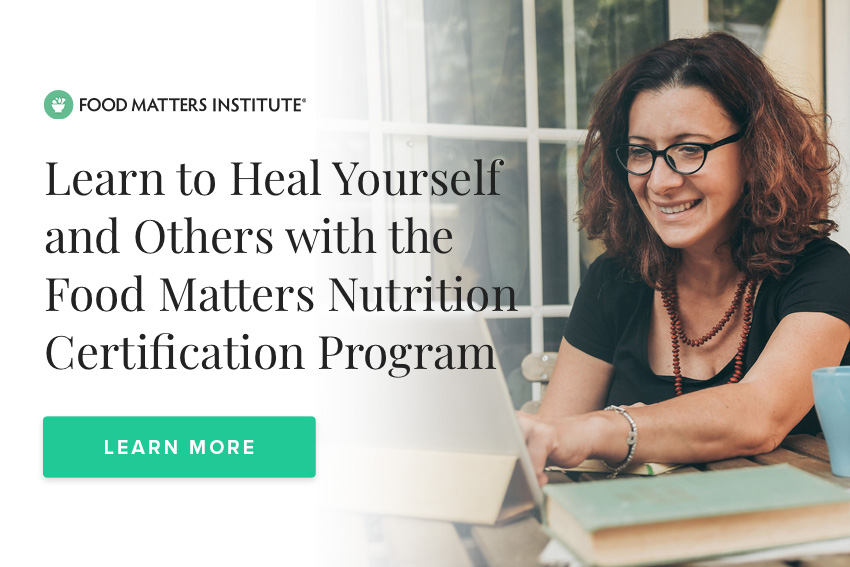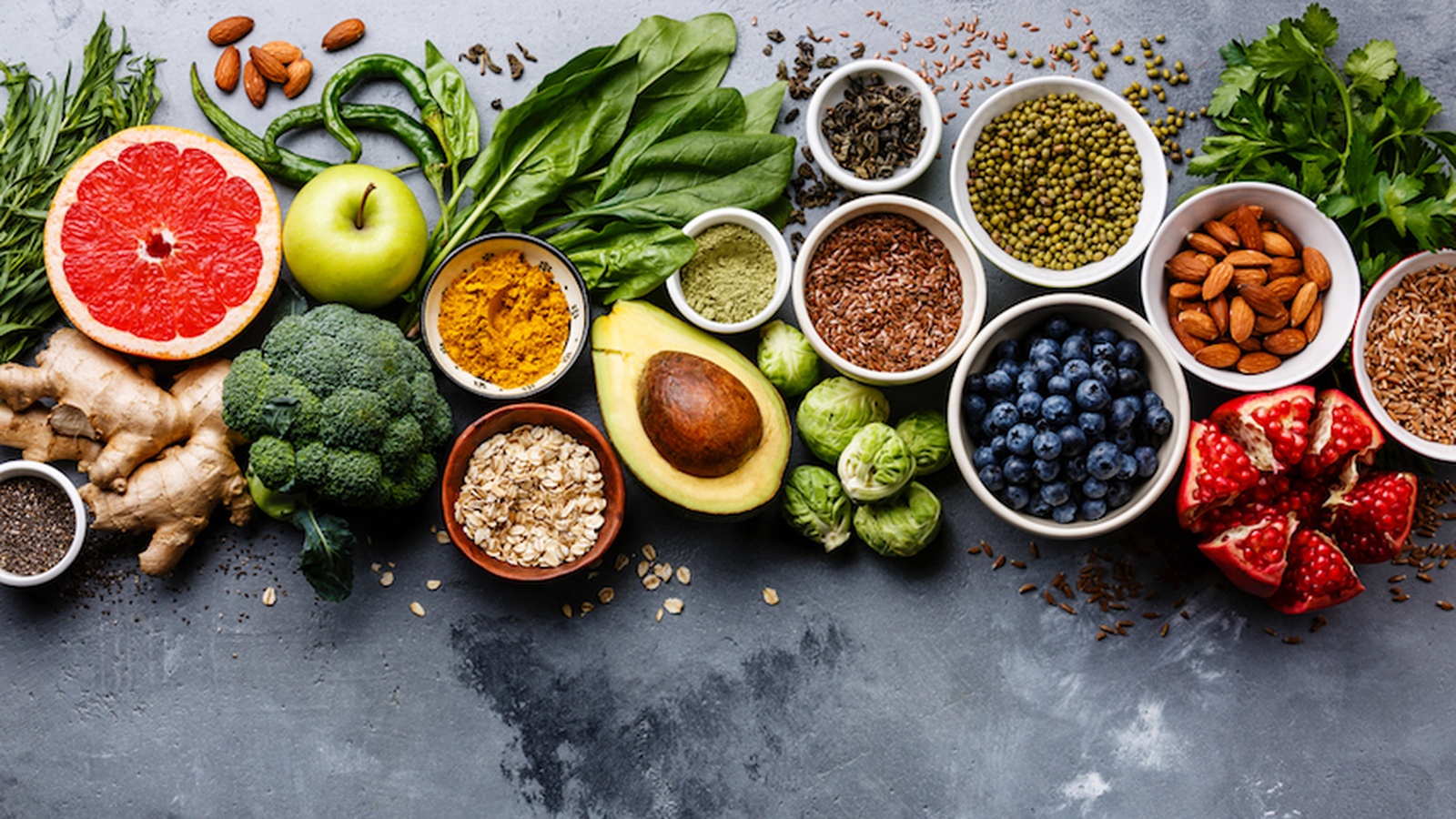Going Plant Based… How Will I Get Enough Protein?
When you hear the word protein, what image comes to mind? A tight t-shirt wearing, selfie-obsessed gym-junkie perhaps? You're not wrong. Many people who are working on their health and physique look to protein as it promotes many benefits for digestive health, rebuilding tissue and muscle, energy, hormonal production, immune health, enzymes, structure, and storage/transportation of other molecules. Aside from the stigma and hype, the real question we have to ask ourselves is, what's the best type of protein and how much protein do I need?
Red meat, white meat or any kind of meat for that matter has long been associated with its saturated protein levels, and fats! However, meat isn’t the only way to get your protein fix. A common misunderstanding surrounding plant-based diets is that they don’t offer enough protein – myth. In actuality, a plant-based diet can offer plentiful health benefits, including that of a high-protein rich diet – fact.
In this article, we will weigh up the pros and cons about plant-based protein, surprising nutrient rich ways to promote the protein in your diet, what you need to be eating daily and our chosen choice for plant-based protein powders.
What is Protein and What is it Found in?
What is protein? It’s basically the glue that holds us together and can be found throughout the body in muscle, bone, skin, hair and any other body part of tissue you can think of - making it the CEO (if you will) of our genetic makeup. Built from the building blocks more commonly known as amino acids, our bodies co-create aminos by modifying others or from scratch, hatched from the consumption of protein-rich foods.
These building blocks of protein are the fuel to our bodies’ fire, burning off the collective mix of essential, non-essential and conditional amino acids that help every part of our bodies to function. The two main sources of protein can be derived from either:
- Animal-based protein such as that of wild caught fish, grass-fed beef, wild game, fresh eggs, etc.
- Plant-based protein coming from plant sources such as legumes, beans, nuts, seeds, tempeh, spirulina and other algaes, etc.
These sources can then be categorized by their bioavailability – a fancy dietitian's term that’s used to describe the scale of absorption – the higher bioavailability the better. Foods often taking out first, second and third are that of animal proteins such as eggs, beef, chicken and fish but that’s not to say you can only achieve high protein bioavailability with these foods. Plant-based sources such as lentils, beans, quinoa and whole grain products can make up a nutrient-rich source of protein for your diet.
Is it True That I Won't Get Enough Protein on a Plant-Based Diet?
No. Although animal-based proteins are considered complete proteins, due mostly to being higher in bioavailability, they can also be fuelled with mass-produced hormones and cholesterol clogging fats that can have an adverse effect on our weight, heart and arteries. In fact, a recent study published in the Journal of American College of Cardiology (that studied over 200,000 people over a 25-year span) noted, “Higher intake of a plant-based diet index rich in healthier plant foods is associated with a substantially lower coronary heart disease risk”.
Although plant-based protein is a little less digestible for the human body, there are several complete protein plant foods that can help bridge the protein gap often derived from animal-based foods. However, it’s not always necessary to only eat complete proteins; you simply need to adjust for what you might be missing in your leafy green diet. Overall, it’s definitely possible to get all the nutrients you need from your leafy greens, as long as you eat the right ones.
How Much Protein Do I Need to be Eating Daily?
The National Health and Medical Research Council of Australia recommends a dietary intake of 52g/day for male and 37g/day for female Australians. These proteins can be consumed by a means of different plant friendly foods – here’s some we prepared earlier.
- Lentils: Cooked with your favorite spices and seasoning, these beans are our weapons of choice for a nutrient-rich shot of protein, carbohydrates and fibre.
- Spirulina: This algae superfood looks a little bizarre, but this plant protein powerhouse has some unbelievable benefits. Best served in a smoothie, spirulina has a whopping 39 grams of protein in just a serving.
- Organic Tofu & Tempeh: At around 18 grams of protein per 100g, tofu and tempeh make a great plant-based protein option. Serve it in stir frys, soups, salads or as a substitute for meat in almost any meal.
- Natto: At 31 grams of protein in one cup, this soybean is worth putting in your meal regime.
- Chia Seeds: Used for centuries, these seeds make a great addition to the breakfast menu boasting 4g of protein in just two tablespoons.
- Quinoa: Served in salads, stir-fries or side-dishes, this gluten-free grain is a great alternative to using rice, boasting 7-9 grams of protein per half-cup.
What About Combining Proteins to Make Them Complete?
Amino acids are the building blocks of protein, which we know are essential for our bodies to utilize in many different ways. However the theory of combining different vegetarian proteins to make up a complete protein, is a thing of the past.
The key is to consume a wide variety of amino acids every single day – this will keep your health running at an optimal level.
Alternatively, you can also supplement your protein fix through plant-based protein powders!
How Do I Know What to Look For in Plant-Based Protein Powders?
Plant-based protein powders are a great alternative to dairy-based proteins due to their subsequent health benefits and the reduced risk of some cancer-signaling pathways often found in dairy products. The flip side is that plant proteins are not notably flavor friendly, and are more often than not filled with food additives or sweeteners to bolster their drinkability.
Common ingredients to watch out for in plant-based protein powders include:
- Sugar
- Sweeteners (artificial or refined natural, such as apartame, high-fructose corn syrup, Hydrogenated fats)
- Artificial flavors
- Thickener or stabilizers like xanthan or lecithin
- Ingredients that may come from genetically modified (GMO) sources
What to look for in plant-based protein powders:
- Protein from multiple plant sources including pumpkin, sunflower, chia and spirulina
- Organic products that avoid synthetic pesticides and fertilizers.
- Nutrient-dense ingredients including that of superfoods and vitamins
- Something that tastes great and you look forward to drinking!
What’s your favorite way to boost your protein intake?
Do you have a passion for nutrition & natural healing?. Learn more about the Food Matters Nutrition Certification Program here.










